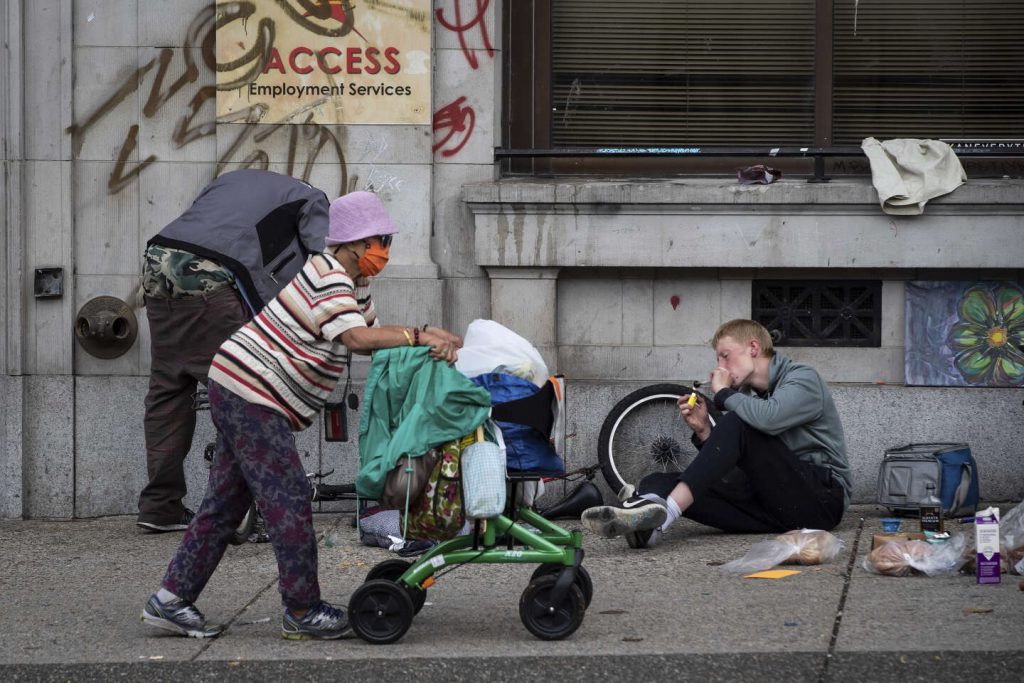In early 2023, the Canadian province of British Columbia decided to no longer penalize the possession of less than 2.5 grams of cocaine, heroin, fentanyl, or other hard drugs for personal use in an effort to combat the opioid crisis that is wreaking havoc in North America. The goal was to shift the focus away from stigmatizing users and instead treat drug use as a public health issue. However, since the implementation of this policy, drug use in public places such as parks, streets, beaches, and hospitals has significantly increased. In response to criticism, the province decided to moderate this decriminalization policy on a trial basis for three years.
The police, whose role had previously been to provide drug users with information about health and social services, are now able to seize illegal drugs and either ask a user to leave the area or arrest them. The province’s progressive premier, David Eby, stated that safety remains the top priority, and while they are committed to supporting those struggling with addiction, they do not tolerate disorder in the streets that causes concern for public safety. Small-scale drug possession remains decriminalized in private residences. Meanwhile, in the southern United States, the state of Oregon announced in early April that it would reimpose penalties for the possession of small quantities of narcotics starting in September, after initially being the first state to decriminalize all drugs.
While British Columbia’s experiment with drug decriminalization faced challenges with increased public drug use, the government remains focused on addressing addiction as a public health issue. By allowing police to intervene in situations where drug use in public places becomes a public safety concern, the province aims to strike a balance between supporting individuals with addiction and maintaining order in the community. This approach contrasts with the state of Oregon’s decision to reverse its drug decriminalization policy and reinstate penalties for small-scale drug possession. The shifting attitudes towards drug possession and decriminalization highlight the complexities of addressing substance abuse and addiction on a societal level.
The opioid crisis in North America continues to be a pressing issue, with policymakers grappling with how to effectively address drug addiction and reduce the harm caused by illicit drug use. While British Columbia initially embraced a more lenient approach towards drug possession to focus on public health interventions, the challenges that arose from increased drug use in public spaces prompted a reevaluation of the decriminalization policy. By recalibrating their approach to decriminalization and taking into consideration public safety concerns, the province aims to strike a balance between supporting individuals struggling with addiction and maintaining a safe community environment.
As countries and states navigate the complexities of drug policy and public health responses to addiction, there is a growing recognition of the need for comprehensive and multifaceted approaches to address substance abuse. By considering the social, economic, and health impacts of drug use, policymakers can develop strategies that prioritize harm reduction, community safety, and support for individuals with addiction. The evolving landscape of drug decriminalization and penalties for drug possession reflects the ongoing dialogue surrounding substance abuse and addiction, highlighting the importance of evidence-based policies and interventions to address this pressing public health issue.


